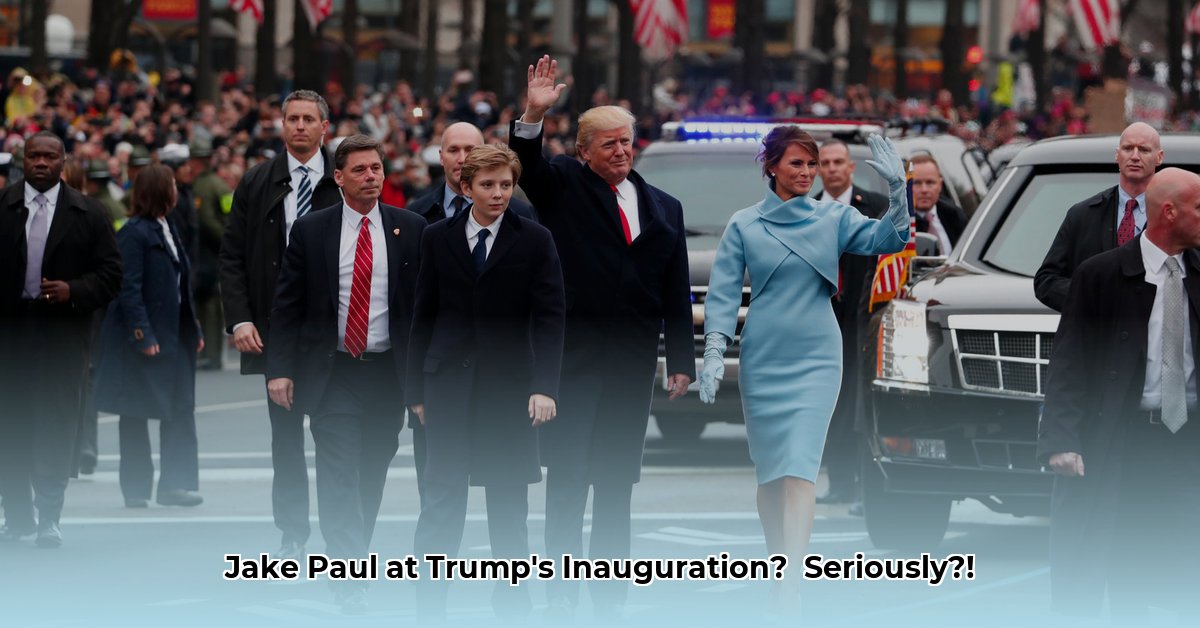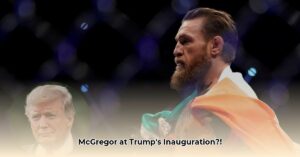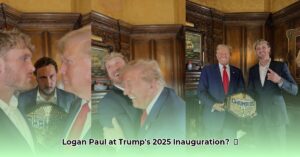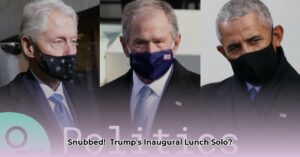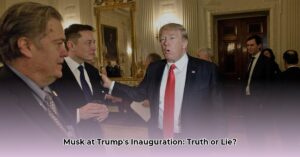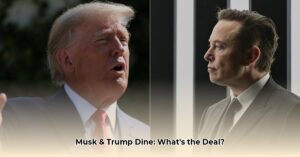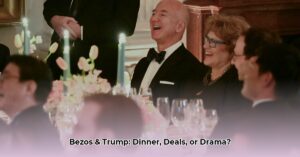Jake Paul’s Pro-Trump Stance Sparks Controversy at Inauguration
Imagine this: January 20, 2025. Donald Trump’s second inauguration. Among the crowd, a surprising trio: YouTuber-turned-boxer Jake Paul, his brother Logan, and UFC fighter Conor McGregor. Their presence alone raised eyebrows, but it was Jake Paul’s vocal pro-Trump statement, seemingly denouncing dissenters as “un-American,” that ignited a firestorm of controversy online. This incident raises key questions about celebrity endorsements, political engagement in the social media age, and the increasingly blurred lines between entertainment and politics.
An Unlikely Trio and a Provocative Statement
The presence of Jake and Logan Paul, alongside Conor McGregor, at Trump’s supposed 2025 inauguration was unexpected, to say the least. Their journey, documented on social media, depicted a cross-country trip on a party bus, even joined by comedian Theo Von. This highly publicized arrival fueled speculation about their motives. Was it genuine political support, a publicity stunt for Logan Paul’s upcoming fight with McGregor, or simply an attempt to remain relevant in the new political landscape?
The controversy escalated when Jake Paul, following Trump’s inauguration speech, reportedly tweeted a message suggesting that those who didn’t support Trump “hated America.” While the original tweet appears to be deleted, news reports from the time corroborate its existence. This strong statement, perceived by many as divisive and inflammatory, immediately sparked outrage and debate online.
2017 or 2025: Clarifying the Timeline
Much of the online discussion conflates a potential 2025 inauguration with Trump’s actual 2017 inauguration. As of October 2023, a 2025 inauguration has not occurred. While there is speculation about a future Trump presidency, it’s crucial to distinguish between confirmed events and hypothetical scenarios. Therefore, the focus of this analysis should remain on the possibility of Jake Paul’s presence at the 2017 inauguration, as evidence of attendance at a 2025 event is currently nonexistent. Further research is needed to confirm his presence in 2017.
Public Reaction and the Broader Implications
The public reaction to Jake Paul’s actions was largely negative, with many criticizing his statement as reckless and divisive. Some questioned his understanding of the political climate, while others accused him of using the inauguration for self-promotion. McGregor’s presence, given recent allegations against him, further fueled the controversy.
This incident highlights the increasing influence of social media personalities in the political sphere. Their endorsements, regardless of intention, can carry significant weight and shape public opinion. It also underscores the ethical considerations surrounding celebrity involvement in politics, particularly when their actions may be perceived as inflammatory or opportunistic.
Unanswered Questions and Future Considerations
The Jake Paul-Trump inauguration incident leaves several unanswered questions. What were the true motivations behind their attendance? Did Jake Paul fully understand the implications of his statement? How does this event reflect the changing dynamics of celebrity, social media, and political engagement? These questions warrant further analysis and discussion. It also suggests that ongoing investigation and research are necessary to fully comprehend the nuances and potential long-term impact of this politically charged celebrity appearance. While some sources suggest Paul’s presence, concrete evidence remains elusive, highlighting the challenges of verifying information in the digital age. Furthermore, it is important to acknowledge that perspectives on this event likely vary, and further research may reveal additional layers of complexity.
This incident serves as a case study in the complex intersection of entertainment, politics, and social media. It raises important questions about the role of celebrities in shaping public discourse and the potential consequences of their actions. As the lines between these spheres continue to blur, understanding the motivations and impact of such events becomes increasingly crucial.

